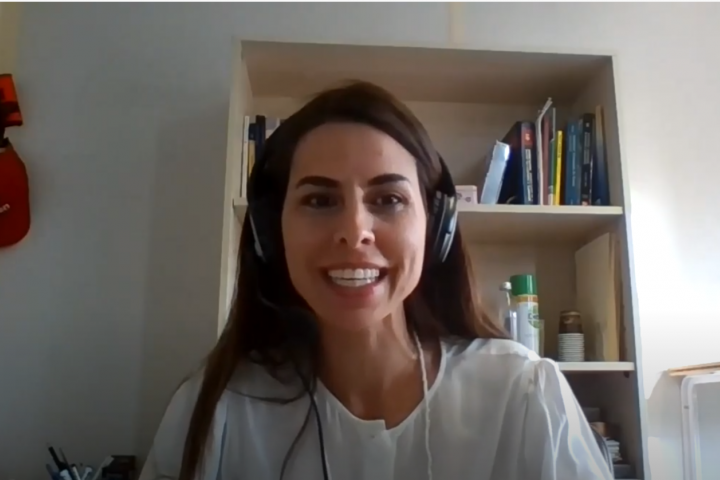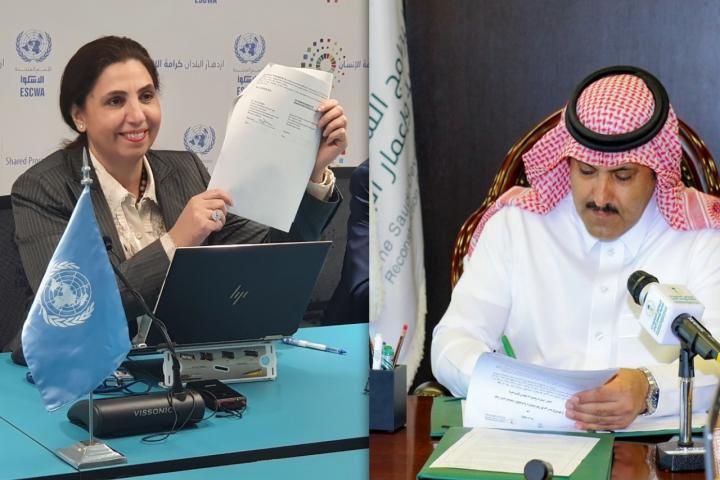The study examines how inequality and limited personal autonomy are likely to affect the prevailing ‘political settlement’ in the Arab region, and calls for improving public services, providing access to good jobs, aligning personal autonomy with a sense of control over one’s life, and promoting social change and cohesion.
“Social and political movements in the field reveal popular discontent with social injustice and growing disparities in social and economic levels, said Oussama Safa, the Chief of the Participation and Social Justice Division at ESCWA, in his opening statement.
“Based on this, at ESCWA we focused on developing a new multidisciplinary framework that would reflect the real status of equality in the region,” he added.
According to the UN, around 23.4 per cent of the Arab population lived below the national poverty line in 2012. In 2014, the unemployment rate among young men was twice the global average, while the unemployment rate among young women was twice the rate of youth unemployment. Meanwhile, the political representation of women in the Arab region is the lowest in the world.
Mr. Safa indicated that growing inequalities related to education and decent work are documented in many countries of the region. Using innovative methods, the report also links inequality to the concept of independence and examines the likelihood that these two elements will, over time, influence any broad-based 'political settlement' in the Arab region.
In fact, although income inequality is reportedly lower than in the rest of the world, results show a widening gap between the top percentile (90%) and the bottom two (25% and 50%), particularly in Egypt, Iraq and Tunisia. Results show low achievement scores coupled with high inequality in score distribution compared with the rest of the world (and thus high inequality of opportunity in access to quality education).
In the Arab region, the report shows how society seems divided mostly by age groups, especially between young dreamers with aspirations for change but no power over events, and controllers who can influence events but do not desire to do so.
The report also looks at personal autonomy with the assumption that societies where individuals are autonomous can achieve increased outcomes, and with political inclusion, solutions can be found
to improve the quality of public services and reduce the existing gaps in labour markets,
thus enhancing equality of opportunity.
The report adopts a new multidisciplinary framework that combines economic elements
with social and political economy ones and contains recent data sets rarely used in reports on the region. It also contains new analysis that covers inequality of wages by educational groups and reveals links and gaps between negative and positive autonomy and examines findings across gender, age and education group.
In addition, it presents new findings on the nature of education and its effects on perceived autonomy and emancipation, on gender and age divides, and on perceptions of gender equality, social tolerance and democracy in the region compared to the rest of the world.
Finally, report argues that inequality needs to be addressed from the perspective of being not just an economic or physical issue, but also a social, political, cultural, religious and psychological one.
The preliminary launch of the report was followed by discussions and proposals. The final version will be issued within two weeks in Arabic and English.
*****
For more information:
Nabil Abu-Dargham +961-70-99 31 44; email: dargham@un.org
Ms Rania Harb: +96170008879 harb1@un.org
Ms Mirna Mahfouz: +961-70-827372 mahfouz@un.org
Mr Haidar Fahs: +961-70-079021 haydar.fahs@un.org




